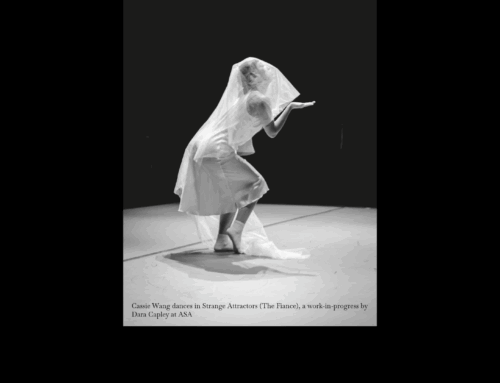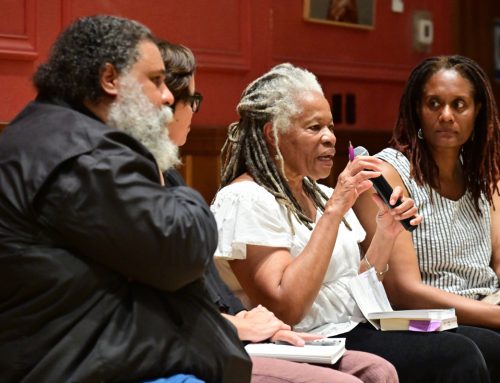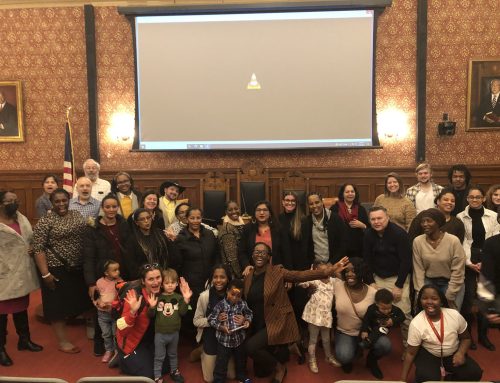
This post is part of our “Smart Giving” series of informational articles for professional advisors from CCF’s Professional Advisors Council.
Most of your philanthropic clients likely support a wide variety of charities year after year. The causes they support represent a range of motivations, including personal experience, a role as a volunteer or board member, family tradition, or alignment with values and community priorities.
Many of the charitable organizations your clients support are local. That’s important to note because it means that your clients are especially well-positioned to lean into CCF’s unique position as the hub for charitable giving and local knowledge. Here are three reasons that matters:
- Clients can tap into the team’s knowledge about specific organizations, including financial information, data about the impact of a charity’s programs, and observations of an organization’s areas of greatest need.
- Clients can choose from a variety of fund types depending on what they’d like to achieve. A designated fund, for example, allows your client to set aside tax-deductible dollars that are dedicated to supporting a specific organization. Through CCF’s services, funds are distributed over time to the charity. Another example is an unrestricted fund, which leverages the community foundation’s extensive research about the needs of the community and the nonprofit programs that are addressing those needs.
- Clients can work with CCF to leave a bequest to an endowment fund to support community needs for generations to come. As a perpetual organization, CCF ensures that charitable giving stays strong in our region to address important needs as they evolve over time.
Of course, if your client establishes a donor-advised fund with us, the fund can support local causes as well as causes across the country. As the hub for your clients’ charitable giving, our tools and our team are dedicated to helping your clients achieve their charitable goals both near and far. Working with CCF, no matter what a particular client’s charitable priorities may be, is itself a strong show of support for philanthropy right here in our community.
Caught by surprise? We are here to help with constant changes to tax legislation!
Keeping up with an ever-evolving landscape of tax legislation can be a full-time job! Many attorneys, CPAs, and financial advisors regularly ask CCF to provide a refresher course on the potential tax changes on the horizon in 2025, especially those that might impact charitable planning techniques.
Here’s a quick rundown of three things you need to know:
- Sunsetting provisions of the Tax Cuts and Jobs Act of 2017. The TCJA’s scheduled expiration at the end of 2025 will revert key tax policies to pre-2017 levels, potentially affecting charitable giving incentives. For example, the top individual tax rate is scheduled for a bump from 37% to 39.6%, potentially increasing the benefits of charitable tax deductions for your high-income clients. At the same time, the limit for cash donations to public charities is slated to drop from 60% of AGI to 50%, reducing the deduction for some of your clients. Finally, the estate tax exemption is scheduled to drop to approximately $7 million per individual. Because the exemption would nearly be cut in half, and therefore more estates would be subject to tax, a larger subset of your clients could benefit from charitable bequests to avoid estate tax. All of this assumes, of course, that intervening legislation won’t prevent the sunset.
- Potential expansion of charitable deduction. Proposals like the Charitable Act aim to introduce a universal deduction for non-itemizers, broadening tax incentives for your clients across income levels. The bill is still popular among industry leaders and appears to have maintained momentum since it was introduced.
- Consequences remain to be seen. Above all, the 2025 “cliff” may trigger the first major tax code rewrite in decades, which in turn surely would have a ripple effect in many areas of your clients’ lives, including within the charities your clients support. Post-TCJA, for example, charitable giving dropped by as much as $20 billion, according to one study, in the wake of reduced tax benefits.
The bottom line here is that we’ve got you! The team at CCF stays on top of legal developments at the intersection of tax policy and charitable giving. We keep our fingers on the pulse of potential implications for you, your clients, and the charities they support, and we are here to help you navigate the changes.























































